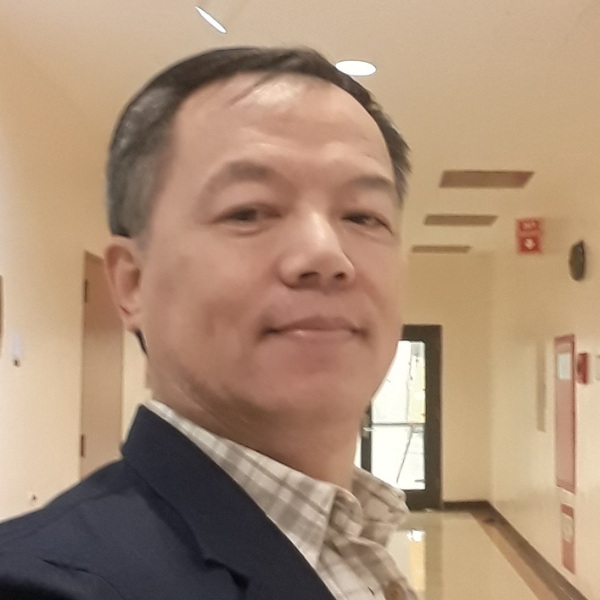
Modern Chinese literature (1918-2018) presents a spectacular cultural and intellectual transformation that reflected the impacts of political turmoil and societal collapse and rebuilding. A new writing culture emerged and reached immediate florescence in active responses to all the historic themes packed in China including revolutions and wars, poverty and reforms, censorship and ideological fights, and particularly the language itself breaking from the two-millennium tradition of literary Chinese.
It amazes any Chinese experts today with the new language successfully established its dominant status within a short period from the 1910s to 1940s. How did Chinese intellectuals and readers get involved in this unpredictable chain of cultural changes? How did Chinese writers struggle to break from the traditions to establish their individual styles and independent voices? How did the new literary modernism mirror the new Chinese mindset in a global era in a wider scope?
In this course, students will read the original texts and engage in an in-depth discussion of works by the most phenomenal and unusually gifted masters. This course will also explore what category of sources the authors used, what techniques and cultural ideals they developed, or problems they overcame, and why the themes remain hot topics and have an everlasting influence on the whole nation today. This course will also evaluate the Chinese modern literature and trends of global modernism in parallel synopsis to help students gain comprehension of the 20th-century world culture, which closely contextualizes and redefines the Chinese reforms and revolutions, with literature as a uniquely insightful revelation.
The works selected for the course will include essays, short stories, and poems by Lu Xun (鲁迅 1881-1936), Hu Shih (胡适 1891-1962), Lin Yutang (林语堂1895-1976), Xu Zhimo (徐志摩 1897-1931), Qian Zhongshu (钱钟书 1910-1998), Yu Guangzhong (余光中 1928-2017), with snapshots of Shen Congwen (沈从文 1902-1988), Ba Jin (巴金 1904-2005), Feng Zhi (冯至 1905-1993), Zhang Ailing (张爱玲 1920-1995). These works were versatile in literary styles and genres, all responsible for shaping the landscape of Chinese literary culture as pioneers of modern vernacular yet well versed in classical language. The selected masters were all deeply rooted in the “old” tradition yet mostly schooled abroad. Their challenges to language and literary conventions explain their popularity among the young generation of writers and intellectuals.
*This class will be taught in Chinese. An advanced level of proficiency in the Chinese language is required. A course package will be provided.
Class Schedule
Monday, 6:30 – 8:30 PM
September 30 – December 9 (No Class on October 14)
10 sessions (20 hours)
$550 member / $590 non-member
(plus a $30 non-refundable registration fee)
每周阅读篇目 (2024秋季)
| Week | Authors | Reading List |
|---|---|---|
| Week 1 | 鲁迅 Lu Xun (1): 短篇小说 | 《狂人日记》 |
| Week 2 | 鲁迅 Lu Xun (2): 杂文 | 《野兽训练法》,《略论中国人的脸》 |
| Week 3 | 胡适 Hu Shih: 杂文 | 《差不多先生传》、《多研究些问题,少谈些主义》 |
| Week 4 | 林语堂 Lin Yutang:杂文 | 《脸与法制》、《祝土匪》 |
| Week 5 | 徐志摩 Xu Zhimo: 散文、诗歌 | 《翡冷翠山居闲话》、诗选篇 |
| Week 6 | 沈从文 Shen Congwen: 短篇小说 | 《大小阮》 |
| Week 7 | 巴金 Ba Jin: 杂文 冯至 Feng Zhi: 散文、诗歌 |
《保护动物》、《一点感想》 《山村的墓碣》、十四行诗 |
| Week 8 | 钱钟书 Qian Zhongshu: 散文 | 《魔鬼夜访钱钟书先生》 |
| Week 9 | 余光中 Yu Kwang-chung: 散文、诗歌 | 《登楼赋》、诗选篇 |
| Week 10 | 刘以鬯 Liu Yi-chang: 小说 | 《对倒》 |

Professor Zhang received graduate degrees in history and classical studies. He has extensive experiences in teaching Chinese language at all levels, Chinese literature, and curriculum design. He has published works on literature, history and culture in mainland China, Taiwan and the United States and served on the board of editors for the translation series Approaching China. He is currently a professor of Chinese language and culture at SUNY. He has also taught at various schools such as the City University of New York, Fordham University, and Saint Mary’s College. He joined China Institute in 2005 and has offered a wide range of classes, including Reading Modern Literature: Essays, Reading Modern Literature: Short Stories, Reading Social Media Texts, Intermediate Conversations, Business Chinese, among others.